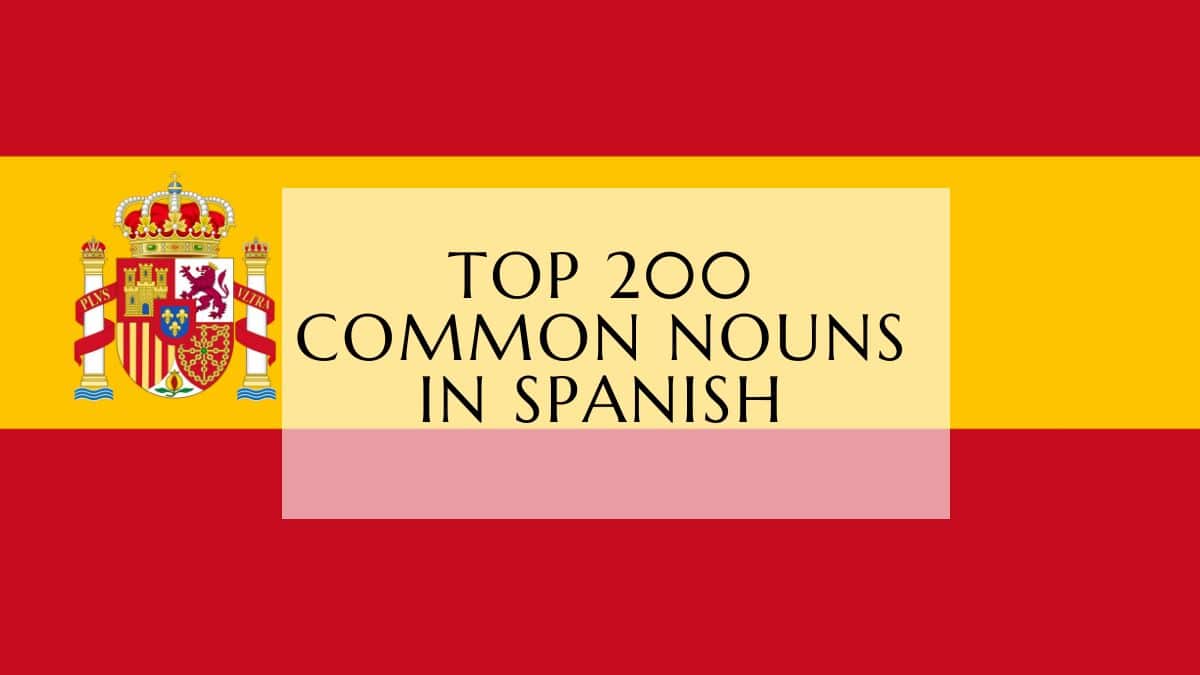Saying good night in Spanish is more than just a phrase. It’s about showing respect, closeness, or even playfulness. This guide will teach you how to say goodnight in Spanish, from formal to casual. You’ll learn the right words, how to pronounce them, and when to use them.
Whether you’re saying goodnight to a family member, a friend, or someone you just met, we’ve got you covered. You’ll discover the best ways to wish someone a good night in Spanish. This will help you connect better and feel more confident when speaking Spanish.

Buenas noches: The Simplest Way to Say Good Night in Spanish
“Buenas noches” is a simple way to say “good night” in Spanish. It literally means “good nights,” but it’s used as “good night.” Say it like “boo-eh-nahs noh-chehs.”
Literal Translation and Pronunciation
The phrase “buenas noches” comes from two words: “buenas” for “good” and “noches” for “nights.” When you say it, think of it as one word. The stress falls on the first syllable of “noches.”
When to Use “Buenas noches”
You can use “buenas noches” in many situations. It’s good for arriving after sunset, leaving in the evening, or going to bed. It works as both a hello and a goodbye in Spanish.
Recent studies show it’s more common than “hasta mañana” (see you tomorrow). “Hasta mañana” is mainly for leaving or going to sleep.
“Buenas noches” is the go-to expression for saying good night in Spanish, whether you’re arriving, departing, or heading to bed.
Learning “buenas noches” is key to speaking Spanish well. Mastering this phrase helps you feel more confident in Spanish-speaking places.
Formal and Informal Expressions for Wishing a Good Night
The phrase “buenas noches” (good night) is the usual way to say good night in Spanish. But, there are other formal and informal ways to wish someone a good night. These variations can make your greetings more suitable for different situations and show the right amount of respect.
Formal Variations
In formal situations, like when talking to an elder or someone you don’t know well, use phrases like “que tenga buena noche” (may you have a good night). Or “que pase buena noche” (may you spend a good night). These options use the formal “usted” form, showing respect.
Informal Variations
For casual or friendly settings, use the informal “tú” form. Say “que tengas buenas noches” (may you have good nights) or “que pases buenas noches” (may you spend good nights). These options are more relaxed and friendly.
Choosing the right formality when wishing someone a good night in Spanish can improve your relationships. It shows you care about cultural differences. Whether it’s a friend or someone new, paying attention to these details can make your interactions more meaningful.
Good Night in Spanish: Sweet Dreams and Romantic Expressions
Spanish has more than just “buenas noches” for goodnight wishes. It offers a variety of sweet dreams and romantic phrases. These add a personal touch to saying goodnight.
Wishing Sweet Dreams
Spanish speakers often say “dulces sueños” (sweet dreams) or “felices sueños” (happy dreams) for a peaceful night’s sleep. These phrases are perfect for children, partners, or close friends.
Romantic Ways to Say Good Night
Spanish has many romantic goodnight phrases for your special someone. Say “buenas noches, mi amor” (good night, my love) or “que tengas dulces sueños, corazón” (may you have sweet dreams, sweetheart). “Hasta mañana, guapo/a” (good night, handsome/beautiful) also adds a romantic flair.
“Buenas noches, mi amor. Eres lo último en lo que pienso antes de dormirme y lo primero al despertar.”
These phrases show the Spanish language’s ability to express love and keep connections strong, even at night.
| Romantic Good Night Expressions in Spanish | English Translation |
|---|---|
| Buenas noches, mi amor. | Good night, my love. |
| Que tengas dulces sueños, corazón. | May you have sweet dreams, sweetheart. |
| Hasta mañana, guapo/a. | Good night, handsome/beautiful. |
| Duerme bien, mi vida. | Sleep well, my life. |
| Que descanses, mi cielo. | May you rest well, my darling. |
Beyond “Buenas noches”: Other Spanish Expressions for Bedtime
“Buenas noches” is the usual way to say good night in Spanish. But, there are other phrases that focus on wishing someone a good night’s sleep. These can make your Spanish conversations more interesting as the day ends.
Phrases for Wishing a Good Rest
“Que descanses” and “que duermas bien” are two popular expressions. They both mean “may you rest well.” They show you care about the other person’s sleep and well-being.
- Que descanses – May you rest well
- Que duermas bien – May you sleep well
These phrases are great to use when saying goodnight, especially to loved ones. They add a personal touch and highlight the importance of a good night’s rest.
| Spanish Expression | English Translation | Context of Use |
|---|---|---|
| Que descanses | May you rest well | Wishing someone a restful night’s sleep |
| Que duermas bien | May you sleep well | Wishing someone a good night’s sleep |
Learning these phrases can make your Spanish more interesting. It shows you care about the well-being of those around you as the day ends.
Slang and Idiomatic Expressions for Going to Bed
There are many ways to say “good night” in Spanish, but there are also fun slang and idioms. These add a playful touch to the language. They show the rich cultural diversity of the Hispanic world.
Imagine hearing someone say “este muñeco cambia de aparador” (this doll is going to a different dresser). Or “este osito de peluche se va para su estuche” (this teddy bear is going back to its box). These phrases are used when someone is getting ready for bed.
Another fun one is “me voy al sobre” (I’m going to the envelope). It’s a funny way to say you’re going to sleep. These expressions make Spanish more lively and fun. Learning them helps you understand Spanish culture better and talk more naturally.
Oualid Cheddadi is the founder of Lingualid, a platform that inspires independent language learners worldwide, regardless of the language they are learning. The name “Lingualid” is derived from the Portuguese word for “language,” “língua,” and the last three letters of Oualid’s name, “Lid.”



